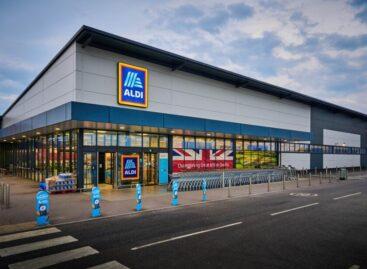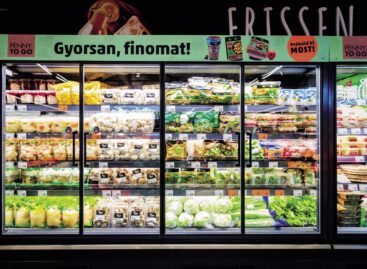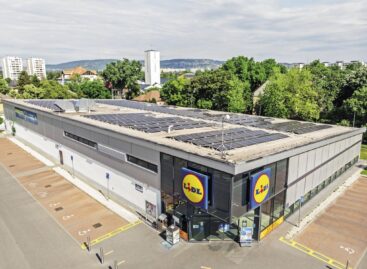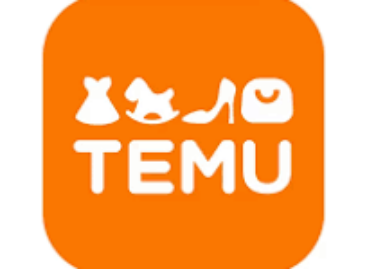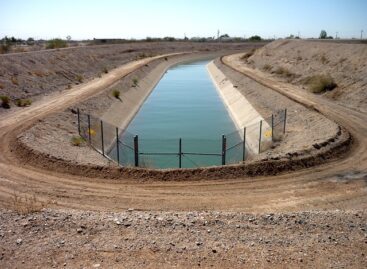Chaos, indecision and uncertainty – this is why the opening of Mere in Hungary is delayed
The opening of the first store of the Russian discount chain Mere in Hungary has been delayed for more than half a year, and there is no guarantee that the project will actually start in the near future. The reasons may be an ill-considered business strategy, teams operating in parallel but not communicating with each other, and a disregard for local market conditions – writes Telex.
Four companies, one goal, zero progress
Mere’s expansion in Hungary is being coordinated not by a single company, but by four different companies – TS Retail Kft., Hungarétel Kft., Huntorg Service Kft. and Shoper Kft. Each company has a Serbian parent company, and their majority owners are Mere founder Sergei Schneider and his brother, Andrej Schneider. The model was inspired by the operating structure of the Russian Svetofor store network, in which separate companies in each region are responsible for purchasing and operating the stores. However, in Hungary, this structure has so far caused more problems than benefits.
The four different companies set up separate teams and were forbidden from cooperating. As a result, they negotiated with the same suppliers several times, without knowing about each other’s offers, which resulted in confusion and distrust among business partners.
Unfeasible business model
Mere’s strategy in Hungary was based on the premise that their stores could only survive after a three-month trial period if they became profitable. However, the company did not want to take on the associated risk, but tried to shift it to the suppliers and the owners of the business premises. The company wanted to conclude lease agreements with or without a minimum deposit, which made renting the premises almost impossible. It would also have left the transformation of the buildings to the owners, who did not accept this.
Suppliers were also offered unfavorable contract terms: they would have to arrange the delivery of the products to the stores themselves, and Mere would only pay for the goods sold, and would return damaged or unsold products without payment. This model may work in Russia, but in Hungary the majority of suppliers rejected it.
Related news
Aldi targets 20 new store locations across the UK
Aldi has unveiled an updated list of priority locations across…
Read more >Customer experience and sustainable solutions: PENNY’s successful year
In 2024 PENNY Magyarország focused on preserving customer trust by…
Read more >Lidl holds on to its market leader position – they celebrated 20 years in Hungary last year
Last year Lidl celebrated 20 years in Hungary by investing…
Read more >Related news
Temu has already targeted the European food market
The Chinese-rooted Temu is posing an increasingly serious threat to…
Read more >Irrigation water resources equivalent to one-third of Lake Balaton are available
Despite the extraordinary drought and lack of precipitation, we can…
Read more >Free irrigation water provided to farmers is a key element in the fight against drought
Free irrigation water provided to farmers is a key element…
Read more >
